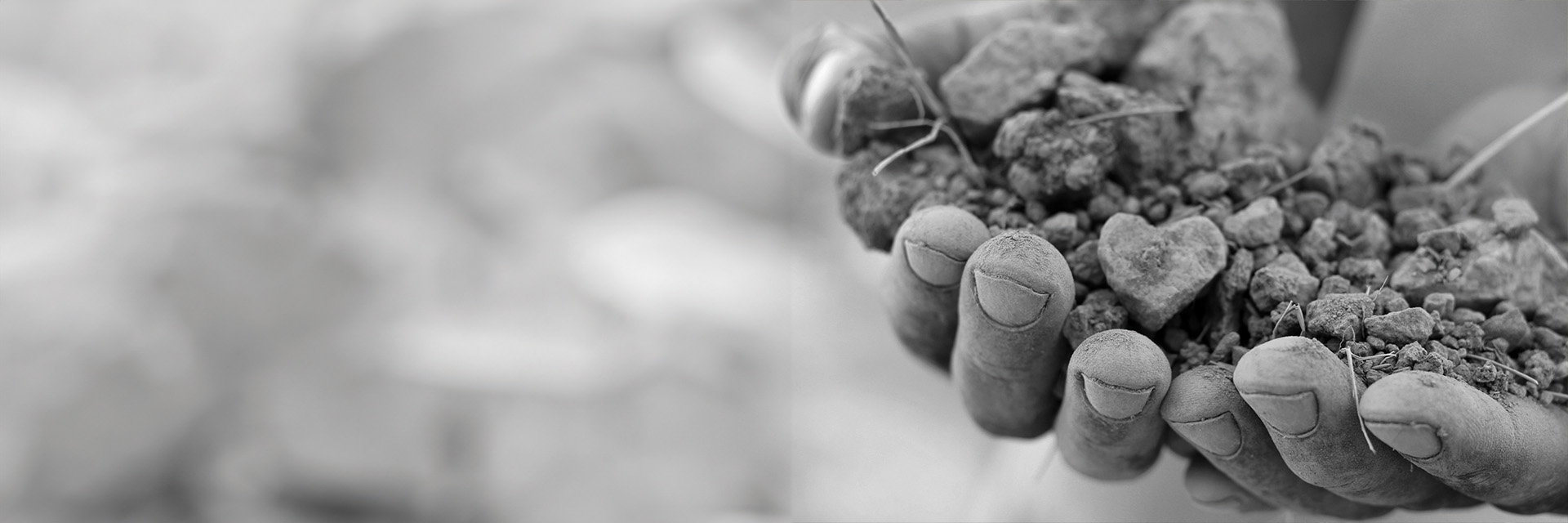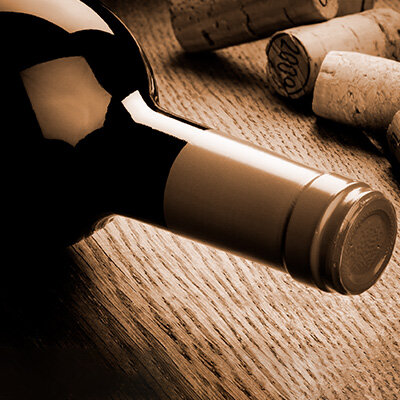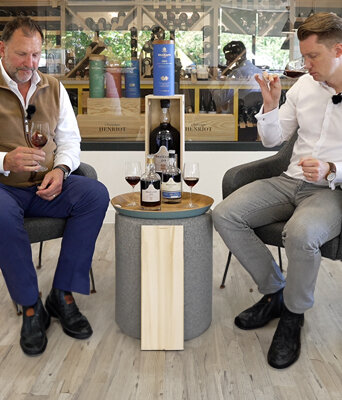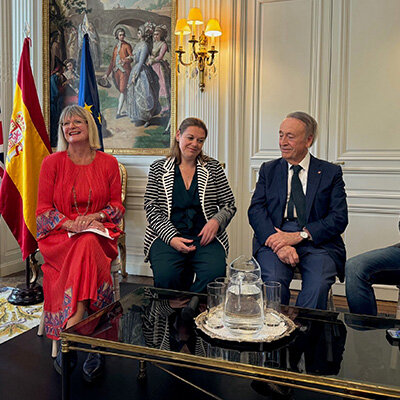Sustainability and the Wine Industry
Earth Day (22nd April 2024) is an opportunity to shine a spotlight on companies who are taking genuine steps to mitigate the effects of climate change and create a more sustainable future. As one of the UK’s leading distributors of fine wines and premium Ports, Fells are proud to have a portfolio of world-leading family-owned wineries that are at the forefront of meeting these challenges.
International Wineries for Climate Action (IWCA)
The International Wineries for Climate Action (IWCA) was established by Familia Torres and Jackson Family Wines and is a collective effort among wineries focused on reducing carbon emissions. It was the first wine organisation to become a member of the UN’s Race to Zero campaign and continues to attract a growing number of members from around the world.
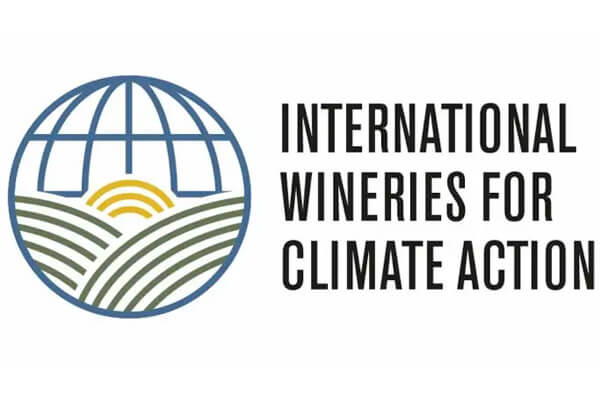
Regenerative Viticulture – Familia Torres
Familia Torres has 1,100 hectares of organic vineyards in Catalonia and is actively implementing regenerative viticulture techniques on approximately half their estate. Mireia Torres, Director of Research and Knowledge at the family-owned business, is dedicated to promoting an agricultural model that prioritises the wellbeing of the soil and nature within the production system. They aim to extend these practices to all their vineyards by 2030. At their long-standing Mas La Plana estate located in Alt Penedès, Familia Torres has been practicing regenerative viticulture for three years and has already witnessed improvements in soil quality and biodiversity. The soil has become more fertile and thriving, allowing it to absorb more water, store more CO2, and support a variety of pollinators. This agricultural approach involves eliminating tillage, chemicals, and heavy machinery while preserving cover crops and sometimes incorporating livestock into the system. In 2021, they introduced grazing sheep to Mas La Plana as a natural way to improve soil fertility and maintain consistent cover crops.
Stewardship Roots – Jackson Family Wines
The Jackson Family has had a deep connection to the land since the company was founded forty years ago. Their focus lies in preserving natural ecosystems, fostering soil health, practising efficient water usage and energy conservation. Their approach goes beyond minimising environmental impact; it also strives for positive change. Along with preserving natural habitats and waterways, they are dedicated to increasing biodiversity in those areas. They are also actively working to reduce their carbon footprint as well as spearheading efforts within the global wine community to address climate change. This is why they created Rooted for Good: Roadmap to 2030 – a comprehensive plan of action to make a positive impact on the planet and the community. Over the next decade, they aim to cut carbon emissions by half, transition all estate vineyards to regenerative farming methods, implement smart water management techniques, and invest more in the well-being of employees and local communities. Their goal is to enhance ecosystems, decrease their environmental footprint, and build resiliency for future generations of this family-owned wine business.
https://www.jacksonfamilywines.com/rooted-for-good/overview
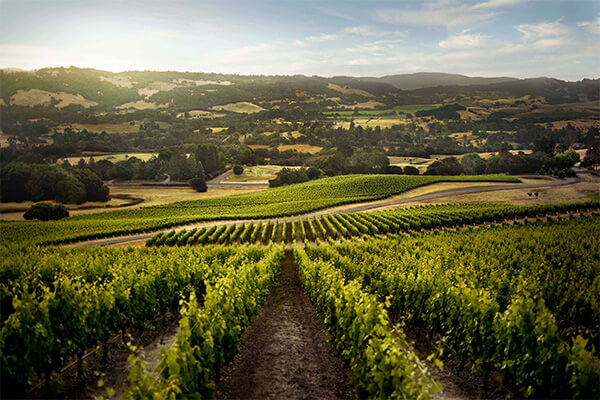
Winemaking for the next Generation – Hill Smith Family Estates
Louisa Rose, who has been the Head of Winemaking for 18 years, is taking on a new global role as the Head of Sustainability for Hill-Smith Family Estates. In their commitment to a sustainable future, Hill-Smith Family Estates has launched a programme called The Next 5, which will focus on five key pillars over the next five generations. These include Resilient Terroir, Viable Planet, Prosperous Community, Thriving Workforce, and Responsible Governance. With a holistic approach and a focus on treading lightly on their finite resources, Hill-Smith Family Estates aims to pass on their natural resources in better condition than when they were inherited. They also prioritise supporting their communities and creating leaders at all levels within their workforce who are passionate and knowledgeable about the business of wine. Their Sustainability Charter aligns with the United Nations’ Sustainable Development Goals, and they are members of International Wineries for Climate Action and Sustainable Winegrowing Australia. Additionally, they support the Race to Zero campaign, which promotes healthy and resilient recovery while preventing future threats and promoting sustainable growth.
An increasing number of wineries and businesses connected to the industry are achieving B-Corp certification, which verifies ethical business practices throughout the entire process, from sourcing ingredients to managing supply chain.
Sustainable wine production and heritage – Symington Family Estates
Symington Family Estates are renowned globally for their dedication to sustainable wine production. As the world’s leading premium Port producer and the largest owner of vineyards in the Douro Valley, Symington Family Estates holds a distinguished position among Portuguese wine producers. Understanding the importance of maintaining a stable climate and thriving ecosystems for future generations, Symington Family Estates have implemented a series of initiatives in recent years. These include being the first to earn Portugal’s Sustainable Winegrowing Certification, joining International Wineries for Climate Action (IWCA) coalition to reduce carbon emissions within the wine industry, and transforming their Quinta do Ataíde winery into a model of sustainability, where they farm the largest organic vineyard in Northern Portugal. In 2018 Symington Family Estates received B Corp certification, showcasing their commitment to strict standards of social and environmental responsibility. In their comprehensive roadmap to be completed by 2025, they plan to source 100% of electricity from renewable sources, transition to electric or hybrid vehicles, and reduce carbon emissions by 35% per litre of wine bottled. They are also committed to a volunteering scheme among their staff and have established a fund to support social and environmental impact initiatives in regions they farm in.
https://www.symington.com/sustainability
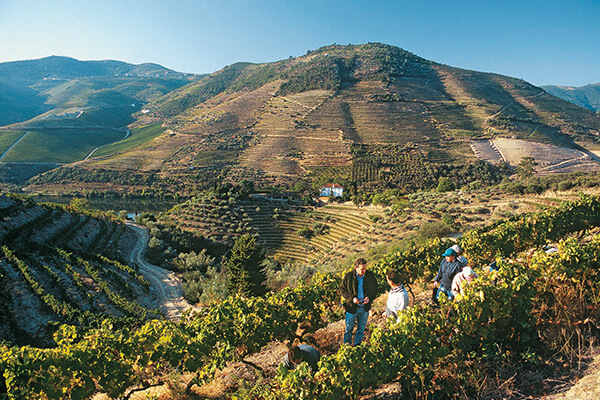
Preserving Madeira’s wine legacy – The Madeira Wine Company
For generations, Madeira wine has been a defining aspect of the island’s identity, and Blandy’s is proud to be a part of this rich heritage. With over two centuries of family legacy, they are committed to preserving their business for future generations. They understand the importance of sustainability in today’s rapidly changing world and are dedicated to maintaining the social, environmental, and economic fabric of the industry. To ensure the longevity of their winery, Blandys has taken on various initiatives. While they do not own many of their vineyards, they manage seven hectares across the island and work with 323 growers using regenerative agricultural practices. They firmly believe that even small changes can make a positive impact on environmental preservation and reducing ecological footprints. Sustainability is embedded in every aspect of their operations, from grape cultivation to wine production. In 2022, The Madeira Wine Company became B Corp certified, and in 2023, they received ISO14064 certification for their 2021 Carbon Footprint
https://www.madeirawinecompany.com/en/sustainability.html
Stories, insight and of course wine
Stay up to date with the world of wine
